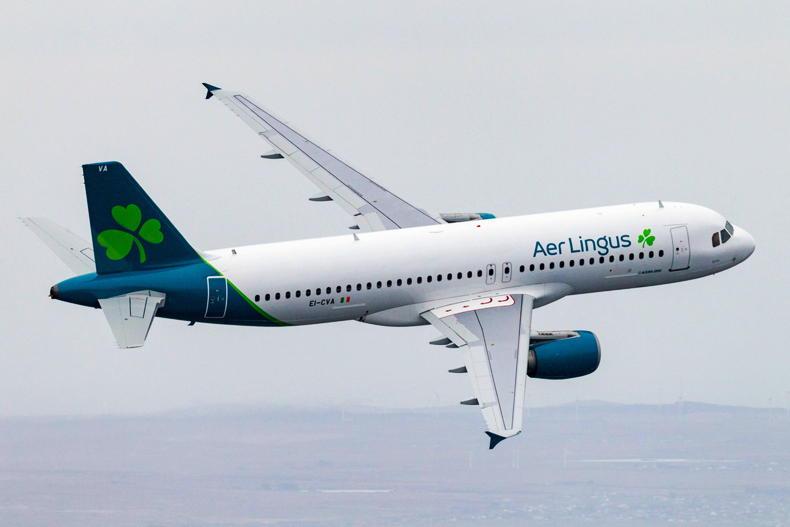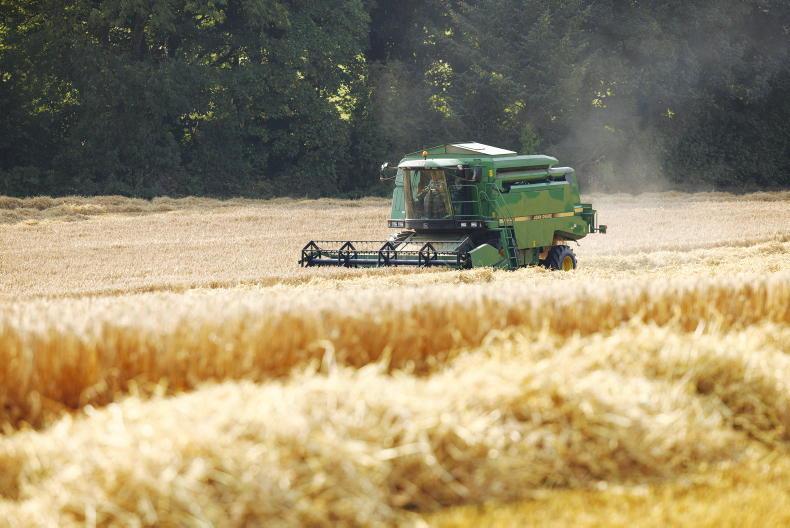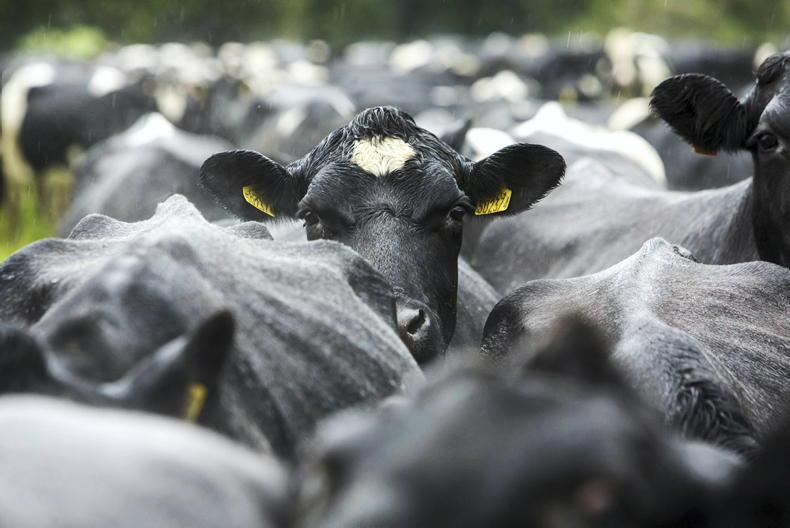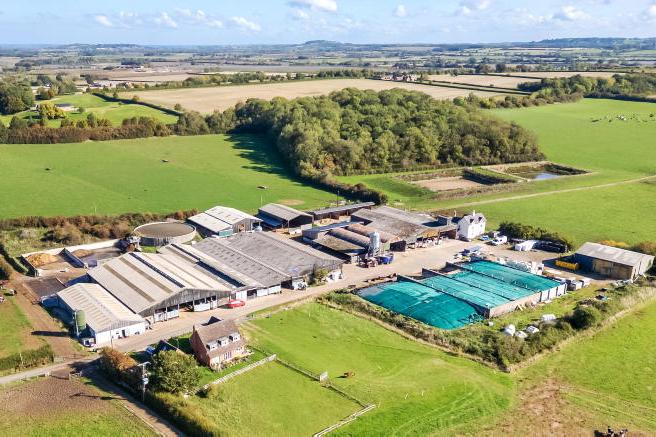The UK and Canada have concluded the first round of negotiations on a bespoke trade agreement to replace the EU-Canada agreement (CETA). This had been rolled over between the UK and Canada pending the negotiation of a bespoke agreement.
Given the shape of the UK deals with Australia and New Zealand, UK and Irish farmers can expect further opening of the British market for agri produce.
The National Farmers Union (NFU) in the UK is optimistically looking for enhanced access to the Canadian market for UK dairy, poultry (which was excluded in CETA) and sugar. In turn, it recognises that Canada will want enhanced access to the UK market for beef and pigmeat.
Hormone fed beef
The UK will do well to negotiate a significant dairy quota for Canada. In CETA, which was negotiated with the UK as a member of the EU, it was only possible to secure a 32,500t quota for cheese, up from 13,500t for the then EU 28. Canada has one of the most protected dairy markets in the world and EU dairy exporters have been continually frustrated in getting access. Management of the cheese quota remains one of the EU’s main implementation issues.
While the UK gave Australia and New Zealand more or less what they wanted by way of access, the ask from Canada on beef won’t be so much on volume but for beef produced with added hormone assistance. Up to this point, the UK has been adamant that it will not diverge from EU quality standards but it is expected that Canada will make this a red line issue. The NFU is saying there can be no reduction of standards but given the UK flexibility with access in the earlier negotiations, there is a growing realisation that the UK may well concede in order to conclude the deal.
Pacific partnership
There will be added pressure applied on the UK by Canada through the UK ambition to join the Comprehensive and Progressive Agreement for Trans-Pacific Partnership (CPTPP). This is a trade alliance between Pacific Rim countries which as well as Canada includes Australia, Brunei, Chile, Japan, Malaysia, Mexico, New Zealand, Peru, Singapore and Vietnam. The UK will be under pressure to give up the EU position on no beef hormones to be part of this group, and irrespective of farmer views, the UK would feel no political obligation to remain wedded to an EU policy on beef hormones.
Of course, Irish farmers have as great, if not more of an interest in UK trade policy as British farmers. The target market for exporters to the UK will be to displace other imports as opposed to British produce. In the case of beef, Ireland supplies 80% of UK imports and this is the most vulnerable to any trade deal whether Australia, New Zealand or in future Canada.
Living with Brexit
While British farmers may cling to hope on preservation of standards and dairy access to Canada, the British meat processing industry is increasingly frustrated by Brexit.
It has to comply with full sanitary and phytosanitary controls on exports to the EU while watching imports from the EU being waved through to the British market. Reports that the UK government will announce a further delay on checks scheduled to begin on 1 July further add to that frustration.
The other outstanding issue of Brexit remains the operation of the Northern Ireland protocol. Discussions on this have been put on ice for some time pending the outcome of the elections to the Northern Ireland assembly.
Canada holds the aces on access to the UK market for hormone-treated beef as the EU precautionary principle for banning it has failed in the WTO adjudication process.
While enhanced access for more beef to the UK is an issue for Irish farmers, there is a wider dimension in relation to the entire Brexit process. Access for hormone beef to the UK would mark a further departure by the UK from the EU in relation to standards and the greater this divergence, the greater the level of EU border controls will have to be at Northern Irish ports on products entering from Britain.
This will add to the already considerable frustrations with the functioning of the protocol. To minimise or virtually eliminate checks, more alignment between the EU and UK is required, not the greater divergence which a Canadian deal is likely to create.










SHARING OPTIONS